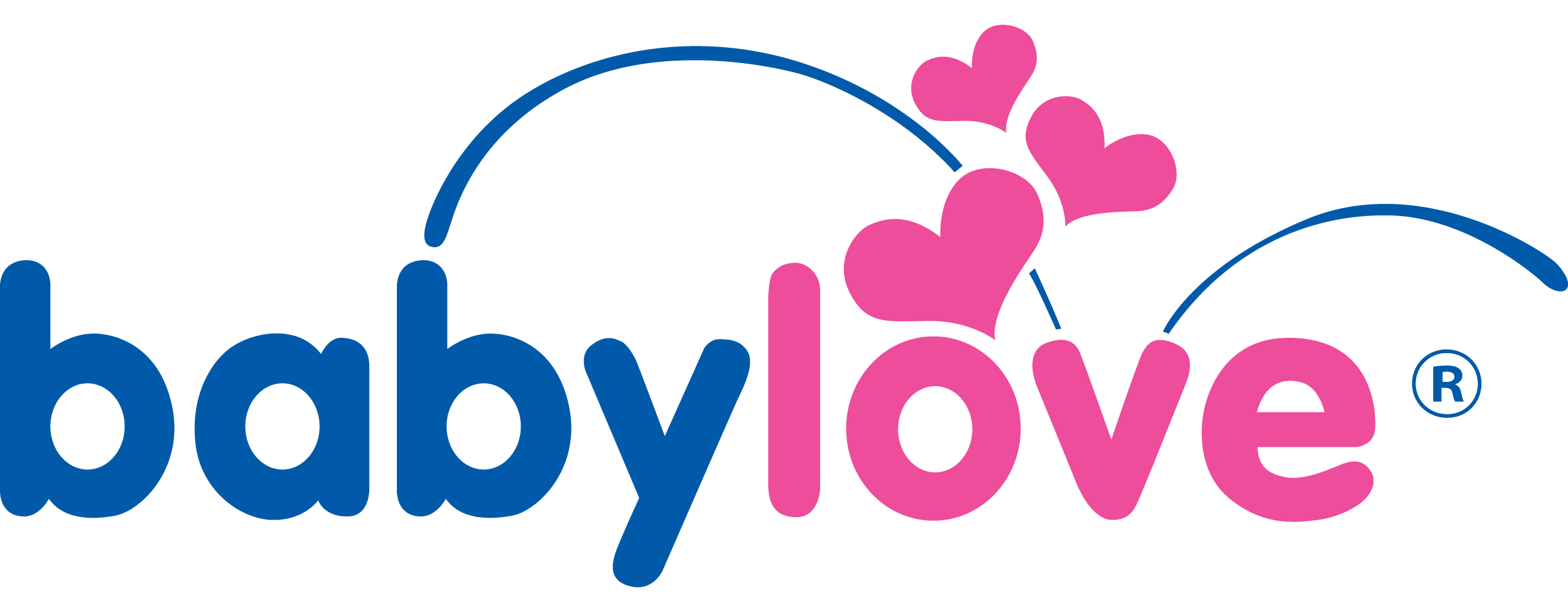The skin of a baby is sensitive and delicate. Bathing and skincare for your little one can help maintain the health and texture of his or her skin while also offering a pleasant experience for both of you.
Most newborns only need to be bathed 2 or 3 times a week, or every other day, due to all the diaper changes and wiping of the mouth and nose after feedings.
Baths can be taken at any time during the day. Bathing before feeding is frequently effective. As part of their bedtime routine, many parents prefer to bathe their little ones in the evening. This works wonderfully, especially if the bath time for the baby is peaceful and comforting.
At initially, sponge baths are necessary. Bathing in a tub of water should be avoided until the baby’s umbilical cord stump comes off and the circumcision of a baby boy heals.
What do I need to bathe my newborn?
The following items are required:
- A sponge-type bath pillow or cotton towels
- A set of soft washcloths
- Clean sink or basin
- Cotton swabs (optional)
- Shampoo and soap for babies (nonirritating)
- Wet towel (a hooded towel is optional)
- Clothing and diapers that are clean
How to give a sponge bath
A few tips for a sponge bath include the following:
- Confirm that the place is warm and free of disturbances.
- Gather all necessary equipment and supplies in advance.
- Place the newborn on a bath pad or thick towels on a comfy surface.
- A towel or blanket should be used to keep the baby warm.
- Let’s begin with the baby’s face.
- Wipe each eye with a moistened, clean washcloth or cotton ball, starting at the bridge of the nose and wiping out to the corner.
- Use a soft, moist washcloth to clean the rest of the baby’s face.
- Using a soft washcloth, clean the outside folds of the ears. Because of the risk of damaging the eardrum, don’t put a cotton swab into the baby’s ear canal.
- Comb your baby’s hair with a soft baby brush. When drying a baby’s hair, avoid using a hair dryer on high heat.
- Wrap your clean baby in a towel and hold him close.
- The first few times you bathe your baby, expect them to cry. This is usually due to the fact that taking a bath is a new feeling.
Skincare for your newborn
The smooth and delicate skin of a baby requires extra attention. In general, it’s ideal to use baby-specific items, although your baby’s healthcare practitioner can advise you on other options. Lotions are popular among parents. Lotions, on the other hand, aren’t necessary unless the baby’s skin is dry. Powders should be avoided unless your baby’s healthcare provider recommends them. When applying powder to a baby’s skin, first place the powder on your hand and then apply it to the baby’s skin.
Call your baby’s healthcare practitioner if you have concerns about a rash, or if your infant is uncomfortable or has a fever.
If your baby appears to be sensitive to detergent, use a sensitive-skin detergent and give the laundry an extra rinse with plain water to remove any remaining detergent.

